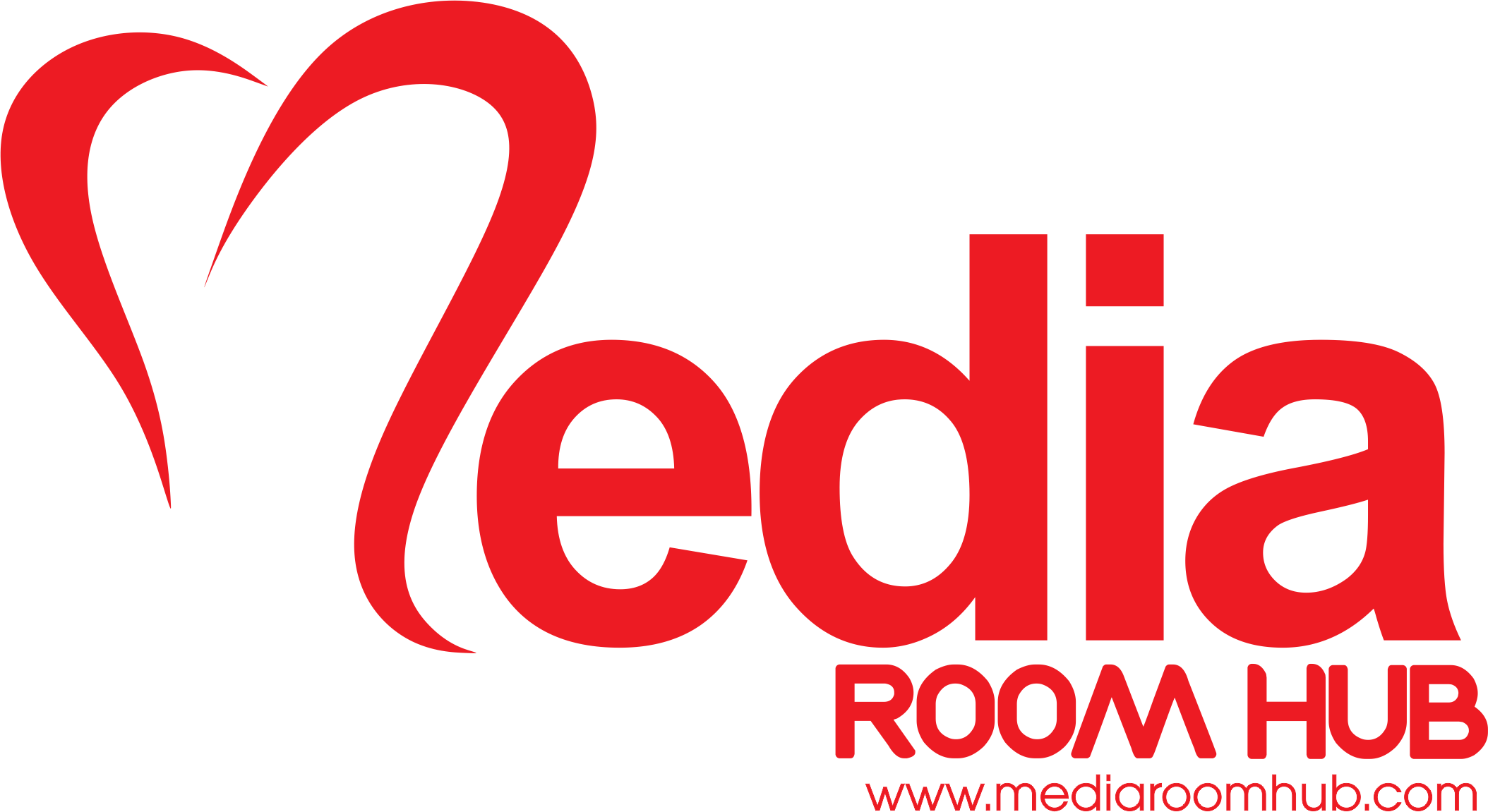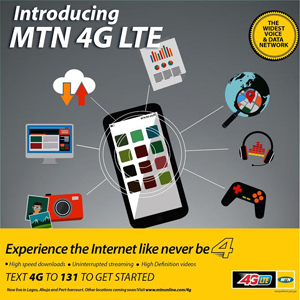

The federal government, Nigerian Agip Exploration Limited (NAE) and Shell Petroleum Exploration and Production Company (SNEPCo) have completed the technical and commercial evaluation of bids for the main packages in the development of the $13.5 billion Zabazaba deepwater oil field in Oil Prospecting Lease (OPL) 245 within 14 months, THISDAY has learnt.
Shell and Agip acquired OPL 245, which was christened the Zabazaba field, from Malabu Oil and Gas in 2012 for $1.3 billion.
The acquisition has been the subject of a corruption probe and prosecutions in Italy and Nigeria but has not deterred Shell and Agip, which have both maintained their innocence, from going ahead with the field’s development.
Agip is developing the Zabazaba field with proven reserves of 560 million barrels of oil as a standalone development in the eastern portion of the Niger Delta in water depths ranging from 1,200 to 2,400 metres.
The latest development is coming as SNEPCo is set to issue bid documents for the supply of a Floating Production Storage Offloading (FPSO) vessel for the Bonga South West Aparo (BSWA) deepwater project.
THISDAY gathered that the Agip-operated Zabazaba project will also set a new record in local content development as the major contractors bidding for the project were said to have submitted competitive costs and concrete plans to fabricate and integrate over 50 per cent of the topsides of the FPSO in the country.
Samsung Heavy Industries (SHI) had raised the stake in Nigerian content development when it locally fabricated six out of the 18 modules, representing over 30 per cent of the main packages of the $3.3 billion Egina FPSO being constructed in South Korea for the Egina deepwater field
The Egina deepwater field is currently being developed at the cost of $18 billion by Total Upstream Nigeria Limited (TUPNI).
For the first time in history, six FPSO topside modules for Egina FPSO were fabricated in-country across fabrication yards and will be integrated into the main FPSO when the FPSO arrives at the Samsung Yard (SHI-MCI yard) in Lagos later this year, before the vessel sails to the 200,000 barrels per day Egina field located in Oil Mining Lease (OML) 130.
However, for the Zabazaba deepwater project being executed by Agip in partnership with Shell and the Bonga South West Aparo (BSWA) deepwater project also being developed by Shell, the Nigerian Content Development and Monitoring Board (NCDMB) has stipulated that the contractors must fabricate and integrate over 50 per cent of the topsides of the FPSOs in Nigeria.
Agip and Shell signed the production sharing agreement in the ratio 50:50, with the former as the operator.
Agip plans to achieve first oil in 2020 and is determined to start execution of the project in the fourth quarter of this year.
Already, the main contractors that submitted technical and commercial bids for the main packages for the Zabazaba project have in their submissions, offered to meet the NCDMB’s Nigerian content target, thus meeting the country’s aspiration of maximising local capacity in the oil and gas sector at the most competitive cost.
The main packages in the Zabazaba project include the construction of the FPSO units, subsea installations and drilling rigs.
The Executive Secretary of the Nigerian Content Development and Monitoring Board (NCDMB), Mr. Simbi Wabote, who confirmed the development at the weekend, said the execution of Zabazaba would grow local capacity.
Apart from Total’s Egina field that will begin production next year, Nigeria currently has five other giant deep offshore oil fields that are producing – Shell’s Bonga, ExxonMobil’s Erha, Chevron’s Agbami and Total’s Akpo and Usan fields.
But Wabote stated that the Zabazaba field would impact the Nigerian economy much more than previous deepwater projects.
Wabote, who confirmed that the technical and commercial evaluations of bids for the Zabazaba main packages had been finalised, added that the NCDMB carried out detailed scoping of the project to ensure that the targets exceed the accomplishments achieved for Total’s Egina.
He stated that the entire approvals and evaluations for Zabazaba were completed in 14 months, setting a record in the industry as against the 24-36 months project cycle time that bedevilled the Nigeria’s oil and gas sector for many years and contributed to the high cost of projects.
“It has taken just 14 months since Agip approached the board with their Nigerian content plan. Agip and NCDMB worked closely and went through the standard contracting process, including the invitation to tender, clarifications, technical and commercial bid evaluations and facility audits.
“We completed the process and issued our final report on August 30. This is in confirmation that NCDMB does not delay projects and we can achieve the six months contract cycle target if operators comply with set directives,” Wabote explained.
Wabote had earlier stated that more FPSO modules would be fabricated locally for future deepwater projects.
According to him, NCDMB would not rest on its oars with regard to the implementation of the Nigerian Content Act and “new projects must look at doing local FPSO integration and more.”
Increased domiciliation of future FPSO projects is expected to create jobs in the economy, estimated to reach 30,000.
In a related development, Shell is set to issue bid documents this September for the supply of the FPSO vessel for the Bonga South West Aparo (BSWA) deepwater project.
The BSWA project includes the construction of a new FPSO facility with an expected peak production of 225,000 barrels of oil per day.
The bid documents will set out the company’s plans for in-country fabrication of half of the topsides of the FPSO and their integration.
These indications emerged in the September edition of Upstream, an authoritative international medium on the oil and gas industry.
The BSWA field straddles OMLs 118, 132 and 140.
Meanwhile, a Shell subsidiary in Nigeria, Shell Petroleum Development Company (SPDC) has signed a $300 million contract with Shoreline Energy Limited (parent company of Gasland Company Ltd.) to explore opportunities to buy, market, distribute and sell natural gas to consumers and companies in the Victoria Island, Ikoyi, Lekki, and Epe areas of Lagos.
A statement from Kola Karim, chairman of Gasland and chief executive of Shoreline Energy yesterday said: “The partnership is a significant boost to the gas supply efforts of the federal and Lagos State governments and will deliver tangible benefits to companies and households in Lagos.”
“The project started in October 2015, when Shoreline Power, a subsidiary of Shoreline Energy took a 75 per cent stake in Gasland, which had been granted the Lekki gas distribution franchise for these areas by the former Nigerian Gas Company (NGC),” the statement added.
SPDC’s General Manager Gas, Philip Mshelbila said: “We welcome this partnership with Shoreline to build on our companies’ gas supply strength and distribution know-how to deliver gas to customers in the franchise areas.
“This is an important next step in the expansion of the Nigerian domestic gas market which we have been pioneering since the 1960s,” he stated.
The Lekki franchise gives exclusive rights to distribute and sell gas in the Victoria Island, Ikoyi, Lekki, and Epe areas of Lagos.
Shoreline Energy is the operator of OML 30, a prolific oil and gas field, 30km east of Warri in Delta State.
The oil block currently produces an estimated 60,000 barrels of crude oil per day in the western Niger Delta and evacuates its oil through the 87km Trans Forcados pipeline to the Shell-operated Forcados Oil Terminal (FOT).
Source:THISDAY





















